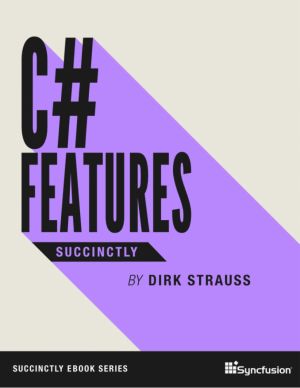
C# Features Succinctly is a concise guide to the significant features packaged in C# 7, 8, and 9. To help readers understand the evolution of the language, author Dirk Strauss first covers the important additions that arrived in version 7, such as tuples, pattern matching, and out variables. Next, he covers more than a dozen features in version 8, ...
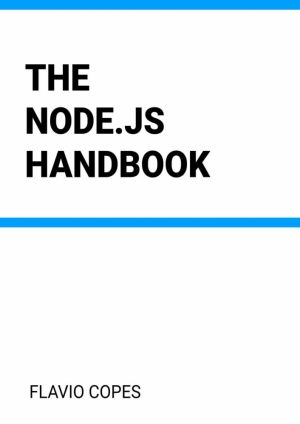
Node.js is built on top of the Google Chrome V8 JavaScript engine, and it's mainly used to create web servers - but it's not limited to that.
The Node.js Handbook follows the 80/20 rule: learn in 20% of the time the 80% of a topic. The author find this approach gives a well-rounded overview....
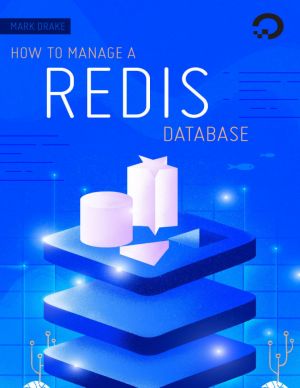
This book aims to provide an approachable introduction to Redis concepts by outlining many of the key-value store's commands so readers can learn their patterns and syntax, thus building up readers' understanding gradually. The goal for this book is to serve as an introduction to Redis for those interested in getting started with it, or k...
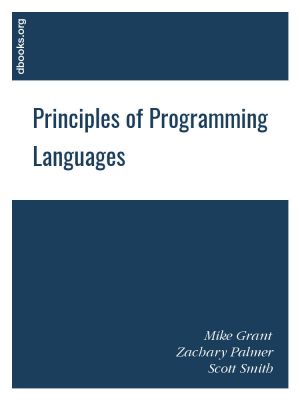
In this open book, our goal is to study the fundamental concepts in programming languages, as opposed to learning a range of specific languages. Languages are easy to learn, it is the concepts behind them that are difficult. The basic features we study in turn include higher-order functions, data structures in the form of records and variants, muta...
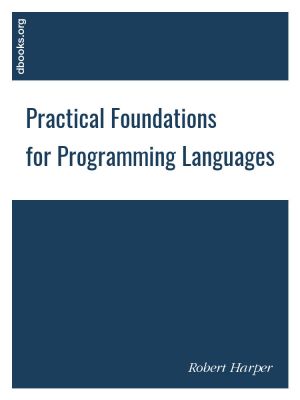
Types are the central organizing principle of the theory of programming languages. Language features are manifestations of type structure. The syntax of a language is governed by the constructs that define its types, and its semantics is determined by the interactions among those constructs. The soundness of a language design - the absence of ill-d...
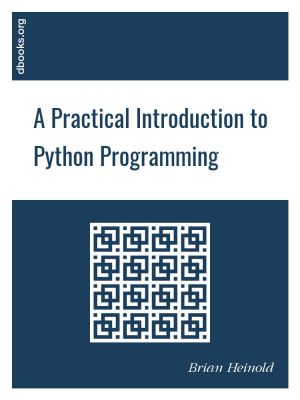
This book started out as about 30 pages of notes for students in my introductory programming class at Mount St. Mary's University. Most of these students have no prior programming experience, and that has affected my approach. I leave out a lot of technical details and sometimes I oversimplify things. Some of these details are filled in later ...
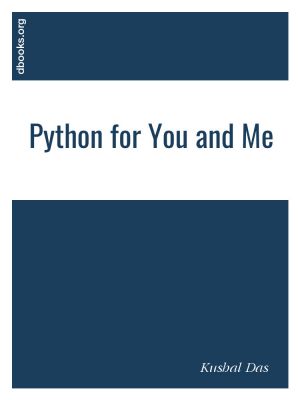
This is a simple open book to learn Python programming language, it is for the programmers who are new to Python.
Python is an interpreted, high-level and general-purpose programming language. Python consistently ranks as one of the most popular programming languages. Large organizations that use Python include Wikipedia, Google, Yahoo, CERN, NA...
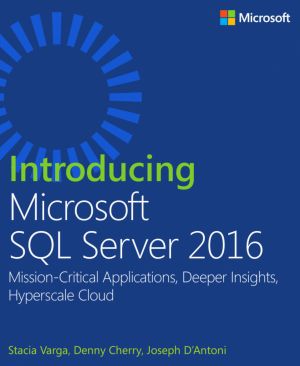
Build your database management knowledge with the technical open book, Introducing SQL Server 2016. Get an overview of the SQL Server 2016 features - from in-memory performance and enhanced security to end-to-end mobile business intelligence and advanced analytics.
Learn about faster queries, improved security, higher availability, and state-of-...
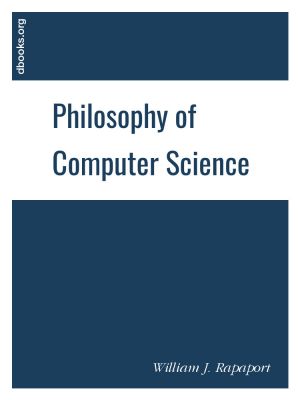
This book looks at some of the central issues in the philosophy of computer science. It is not designed to answer all (or even any) of the philosophical questions that can be raised about the nature of computing, computers, and computer science. Rather, it is designed to "bring you up to speed" on a conversation about these issues - to gi...
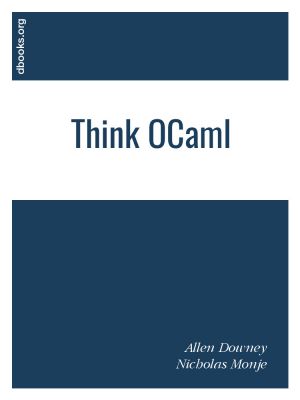
How to Think Like a Computer Scientist is an introductory programming book based on the OCaml language. It is a modified version of Think Python by Allen Downey. It is intended for newcomers to programming and also those who know some programming but want to learn programming in the function-oriented paradigm, or those who simply want to learn OCam...
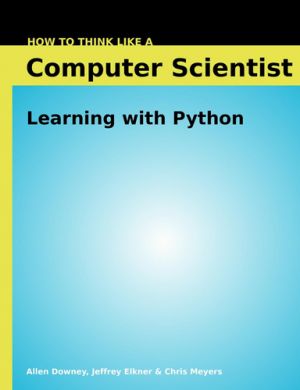
How to Think Like a Computer Scientist: Learning with Python - is an introduction to computer science using the Python programming language. It covers the basics of computer programming, including variables and values, functions, conditionals and control flow, program development and debugging. Later chapters cover basic algorithms and data structu...
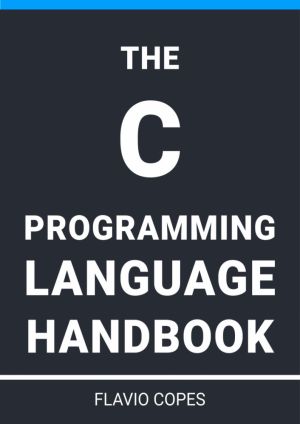
C is a general-purpose, procedural computer programming language supporting structured programming, lexical variable scope, and recursion, with a static type system.
The C Programming Language Handbook follows the 80/20 rule: learn in 20% of the time the 80% of a topic. In particular, the goal is to get you up to speed quickly with C....
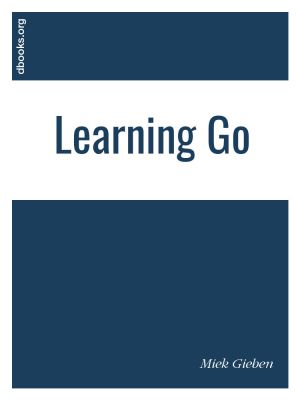
This is an introduction to the Go language from Google. Its aim is to provide a guide to this new and innovative language.
The intended audience of this book is people who are familiar with programming and know multiple programming languages,be it C, C++, Perl, Java, Erlang, Scala or Haskell. This is not a book which teaches you how to program, ...
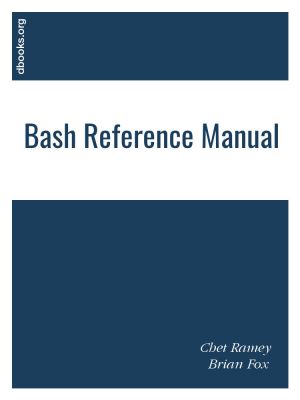
Bash is the shell, or command language interpreter, for thegnuoperating system. Thename is an acronym for the 'Bourne-Again SHell', a pun on Stephen Bourne, the authorof the direct ancestor of the current Unix shellsh, which appeared in the Seventh Edition Bell Labs Research version of Unix.
Bash is largely compatible withshand incorpo...

This book integrates the vital areas of object-orientation, functional programming, design patterns, and language design. The most important concepts from functional programming are captured with six design patterns: FUNCTION OBJECTS (Black-box behaviour parameterisation) LAZY OBJECTS (Evaluation-by-need semantics) VALUE OBJECTS (Immutable values) ...
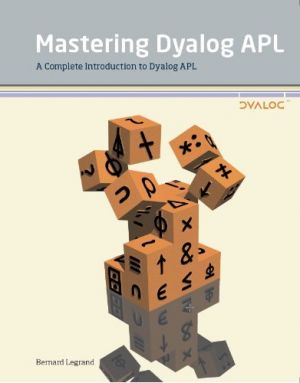
Mastering Dyalog APL is a complete guide to the use of Dyalog, beginning with a thorough introduction to the APL programming language. Following this, the tutorial describes a large number of common coding techniques and discusses a variety of interfaces, including file handling and COM/OLE. Bernard Legrand provides a comprehensive introduction to ...

Drawing on Indigenous peoples' struggles against settler colonialism, Theft Is Property! reconstructs the concept of dispossession as a means of explaining how shifting configurations of law, property, race, and rights have functioned as modes of governance, both historically and in the present. Through close analysis of arguments by Indigenou...
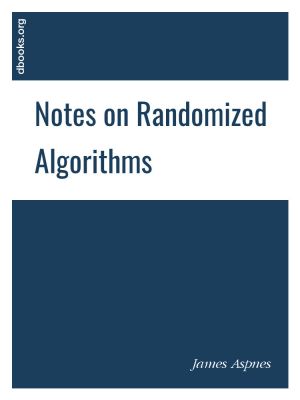
Lecture notes for the Yale Computer Science course CPSC 469/569 Randomized Algorithms. Suitable for use as a supplementary text for an introductory graduate or advanced undergraduate course on randomized algorithms. Discusses tools from probability theory, including random variables and expectations, union bound arguments, concentration bounds, app...
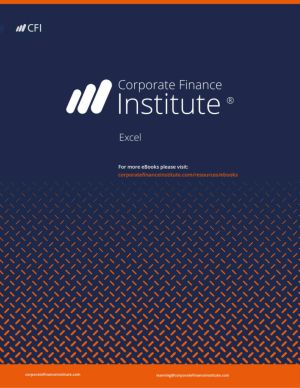
This book walks through all the most important and useful Excel functionalities that will advance your career in financial services. From logical functions such as IFERROR to calculating the yield of a bond, CFI's Excel book provides you with numerous examples and key shortcuts! We hope you find this book useful in reaching your future goals....

The GNU Debugger allows you to see what is going on "inside" a program while it executes - or what a program was doing at the moment it crashed. GDB supports C, C++, Java, Fortran and Assembly among other languages; it is also designed to work closely with the GNU Compiler Collection (GCC). The GNU Debugger Program has four special featur...

New Global Cities in Latin America and Asia: Welcome to the Twenty-First Century proposes new visions of global cities and regions historically considered "secondary" in the international context. The arguments are not only based on material progress made by these metropolises, but also on the growing social difficulties experienced (e.g....

Navigating the landscape of Romantic literature and art across Europe and the Americas, An Outline of Romanticism in the West invites readers to embark upon a literary journey. Showcasing a breadth of theoretical and contextual approaches to the study of Romanticism, John Isbell provides an insightful contemporary overview of the field, paired with...

This open textbook supports the learning outcomes of Fanshawe College's Advanced Professional Communications curriculum (COMM 6019). Organized in five major units - Foundational Principles of Business Messaging, The Principles of Business Style, Format, and Composition, The Principles of Social, Cultural and Employment Communication, The Princ...

What does it mean to be a scientist working today; specifically, a scientist whose subject matter is human life? Scientists often overstate their claim to certainty, sorting the world into categorical distinctions that obstruct rather than clarify its complexities. In this book Daniel Nettle urges the reader to unpick such distinctions - biological...

You are reading a book about the Raku programming language. This language has appeared as a rename of Perl 6 in October 2019.
Like its parent, Perl 5, the Raku language keeps the spirit of being a powerful tool in many areas, from devops programs for configuration management through different command-line applications to concurrent web servers.
...
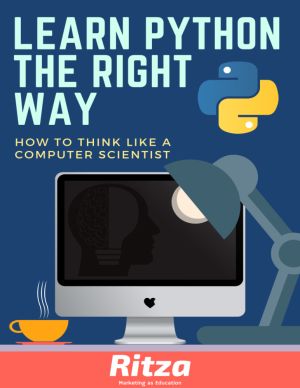
Python is a fun and extremely easy-to-use programming language that has steadily gained in popularity over the last few years. Developed over ten years ago by Guido van Rossum, Python's simple syntax and overall feel is largely derived from ABC, a teaching language that was developed in the 1980's.
However, Python was also created to s...

Julia is a high-level, dynamic programming language. Its features are well suited for numerical analysis and computational science.
Julia works with other languages (C, Python, R, Rust, C++, SQL, JavaScript, ...)
The Purpose of this open book is to introduce programmers to the Julia programming by example. This is a simplified exposition of the l...

In this rigorous and necessary book, Kristien Hens brings together bioethics and the philosophy of biology to argue that it is ethically necessary for scientific research to include a place for the philosopher. As well as ethical, their role is conceptual: they can improve the quality and coherence of scientific research by ensuring that particular...
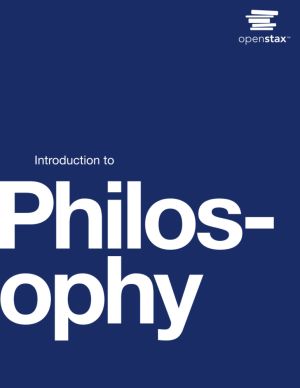
Introduction to Philosophy provides an overview of a common range of philosophical topics for a first- or second-year general education philosophy course. It is organized thematically, following the principal categories of academic philosophy (logic, metaphysics, epistemology, theories of value, and history of philosophy). A recurring theme of Intr...
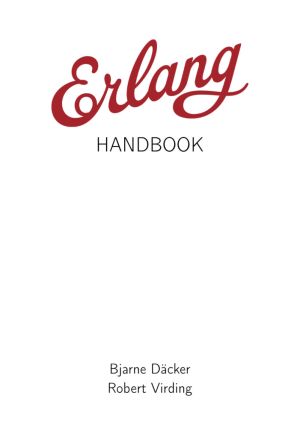
Erlang is the result of a project at Ericsson's Computer Science Laboratory to improve the programming of telecommunication applications. A critical requirement was supporting the characteristics of such applications, that include: massive concurrency, fault-tolerance, isolation, dynamic code upgrading at runtime, transactions.
Throughout t...
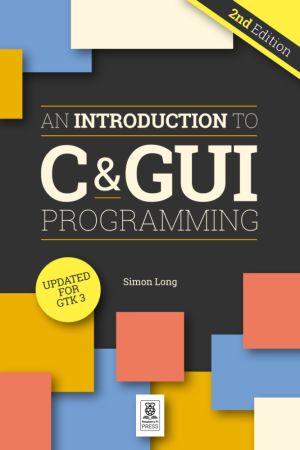
Freshly updated for GTK3, the 2nd edition of An Introduction to C & GUI Programming will teach you all you need to know to write simple programs in C and start creating GUIs, even if you're an absolute beginner.
The first half of the book is an introduction to C, and covers the basics of writing simple command-line programs. The second ...
